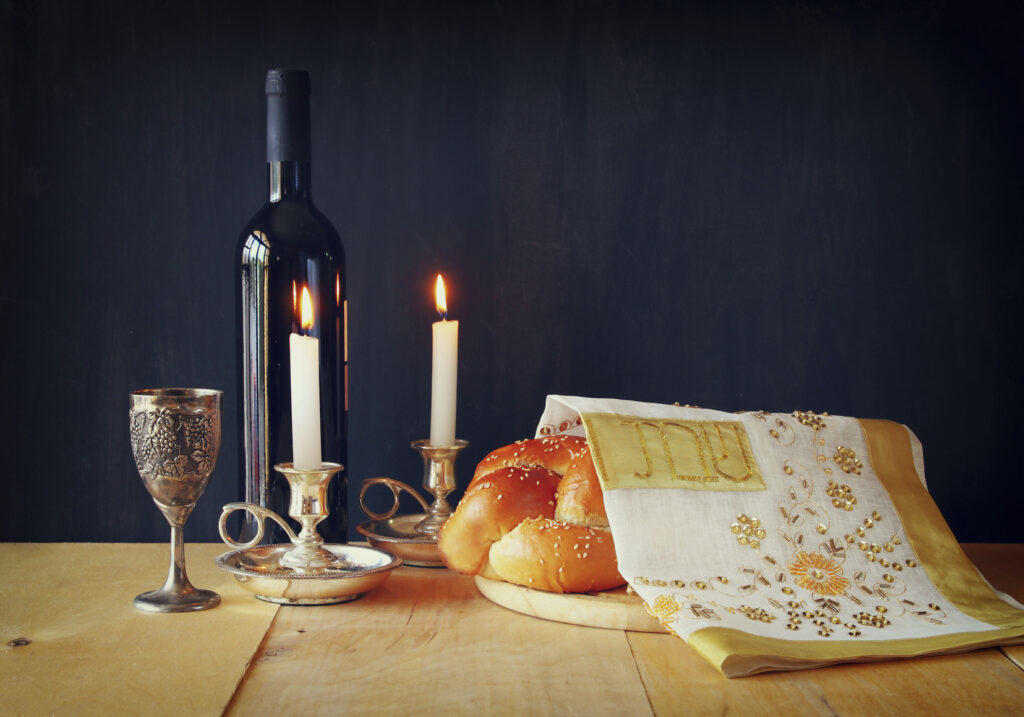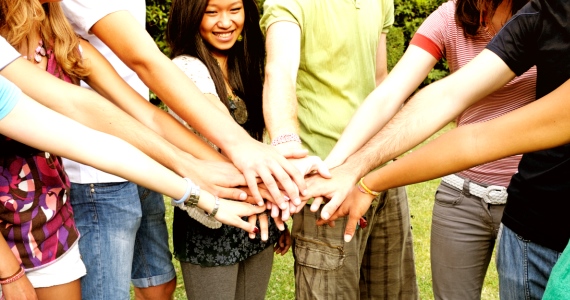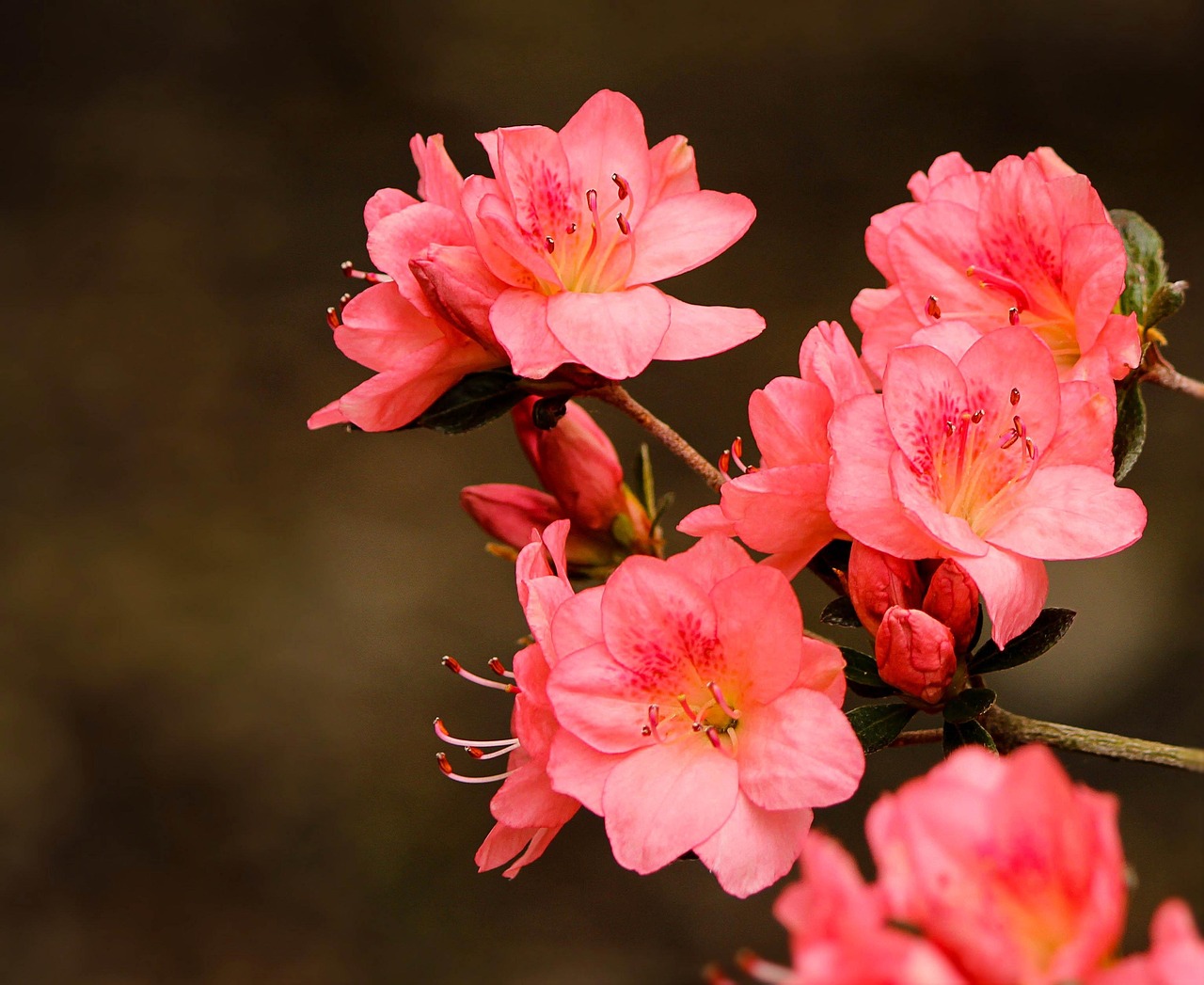SERVICIO DOMÉSTICO DE EREV SHABBAT
Con bendiciones normativos teístas en hebreo y traducciones humanistas en español e inglés
HOME SHABBAT EVENING SERVICE
with normative theistic blessings in Hebrew and humanist translations in Spanish and English. (Humanist liturgy taken from: http://www.machar.org/In-home_HumanisticShabbat_liturgy.pdf)
CANCION:
Hinneh ma tov u-ma na’im
shevet amim gam yajad!
Hinneh ma tov, Hinneh ma tov,
lai lai lai lai lai lai lai lai lai
Behold how good and how pleasant it is,
for people to dwell together,
in harmony, in harmony,
lai lai lai lai lai lai lai lai lai
Mirad cuán bueno y cuán agradable es
que la gente habite junto
en armonía, en armonía,
lai lai lai lai lai lai lai lai lai
VELAS:
Se puede prender cuantas velas se quieran sobre la mesa en donde se tendra la cena de Shabat. (ahora se procede a prender las velas):
Let us bless the light as a symbol of the good in the world.
Let us dedicate ourselves to deeds of compassion
and together light the candles of Shabbat
Bendigamos la luz como símbolo del bien en el mundo.
Dedicémonos a los actos de compasión.
Y juntos encienden las velas de Shabat.
Barúj atá Adonái
Elohéinu mélej haolám
Ashér kideshánu bemitzvotáv vetzivánu
Lehadlik ner shel Shabat.
KIDUSH:
Se llena la copa de vino o jugo de uvas hasta el borde y se toma abrazándola con todos los dedos de las manos
Let us bless our lives by fostering community
by sharing our joy, our spirit, and our bounty,
by inviting visitors to join us,
by welcoming the stranger, by caring for those in need.
Let us bless the wine as a symbol of the good in the world.
Let us drink a toast with the fruit of the vine: “L’Hayyim! To Life!”
Bendigamos nuestras vidas al fomentar la comunidad.
compartiendo nuestra alegría, nuestro espíritu y nuestra generosidad, invitando a los visitantes a unirse a nosotros,
dando la bienvenida al extraño, cuidando a los necesitados.
Bendigamos el vino como símbolo del bien en el mundo.
Tomemos un brindis con el fruto de la vid: “¡Lejayim! ¡A la vida!”
Yom hashishí, vayjulú hashamáyim vehaarets vejol tsebaam.
Vayjal Elohim bayom hashebi-í meljató asher asá vayishbot bayom hashebí-í mikol melajtó asher asá.
Vaybárej elohim et yom hashebi-í vaykádesh otó,
ki bo shabat mikol melajtó asher bará Elohim la’asot
Sabrí maranán (Presentes responden) Lejayim
(Todavía no se toma el vino hasta finalizar la brajá)
Baruj atá Adonay,
Elohenu mélej ha’olam
boré perí haguefen.
Baruj atá Adonay Elohenu mélej ha’olam
asher kideshanu bemitzvotav veratsa banu,
veshabat kodshó beahabá ubratsón hinjilanu,
zikarón lema asé bereshit,
tejilá lemikraé kódesh,
zéjer litsiat Mitzráyim,
veShabat kodshejá beahabá ubratsón hinjaltanu,
Baruj atá Adonay mekadesh haShabat.
(Ahora se procede a beber el vino y se reparte de la copa de quien lidera a cada uno de los invitados a la mesa)
BRAJA HAMISHPAJÁ:
Bendición a la pareja, familiares y amados. Bendice primeramente a su pareja y luego a los demas. Se colocan las manos sobre la cabeza de quien se va a bendecir:
I bless you and watch over you,
and I hope that your learning and good deeds bring you joy and long life.
May you help others and be an example to all,
just as others help you and show you goodness.
May the best within you shine forth with compassion,
and may you always lift up your face to meet others in peace.
Te bendigo y cuido de ti,
y espero que tu aprendizaje y tus buenas acciones te traigan alegría y larga vida.
Que puedas ayudar a los demás y ser un ejemplo para todos.
Así como los demás te ayudan y te muestran bondad.
Que lo mejor dentro de ti brille con compasión,
y que siempre levantes tu rostro para encontrarte con otros en paz.
BRAJA HAMOTZÍ:
Bendición por el pan (Se usa un pan jala [hallah]-trensado- Algunas comunidades usan dos panes) El pan debe estar cubierto con un pequeño mantel y de descubre al decir la brajá:
Let us bless the hallah
as a symbol of the good in the world.
Let us bring forth food from the earth
so that all may eat.
Bendigamos el jala
Como símbolo del bien en el mundo.
Traigamos comida de la tierra.
para que todos puedan comer.
Baruj atá Adonai,
Elohenu Mélej ha olam
hamotzí léjem min haarets.
SHABBAT SHALOM:
May the warm glow of the Sabbath candles light up our lives and our world.
May the good spirit we share and the bread we break together,
remind us that we are connected to each other here in this community,
and that we are connected to all the people in the world.
Let us turn to one another and wish each other a “Sabbath of Peace,” “Shabbat Shalom.”
Que el cálido resplandor de las velas del sábado ilumine nuestras vidas y nuestro mundo.
Que el buen espíritu que compartimos y el pan que partimos juntos,
Recuérdanos que estamos conectados entre nosotros aquí en esta comunidad.
y que estamos conectados a todas las personas del mundo.
Volvámonos el uno al otro y deseémonos el “Sábado de la Paz”, “Shabat Shalom.”












